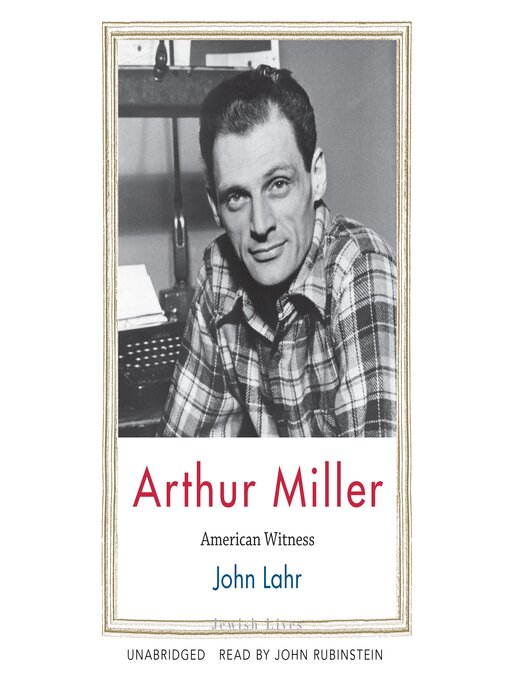A distinguished theater critic brings twentieth-century playwright Arthur Miller's dramatic story to life with bold and revealing new insights.
John Lahr brings unique perspective to the life of Arthur Miller (1915–2005), the playwright who almost single-handedly propelled twentieth-century American theater to a new level of cultural sophistication.
This book, organized around the fault lines of Miller's life—his family, the Great Depression, the rise of fascism, Elia Kazan and the House Committee on Un-American Activities, Marilyn Monroe, Vietnam, and the rise and fall of Miller's role as a public intellectual—demonstrates the synergy between Arthur Miller's psychology and his plays.
Concentrating largely on Miller's most prolific decades of the 1940s, 1950s, and 1960s, Lahr probes Miller's early playwriting failures; his work writing radio plays during World War II after being rejected for military service; his only novel, Focus; and his succession of award-winning and canonical plays that include All My Sons, Death of a Salesman, and The Crucible, providing an original interpretation of Miller's work and his personality.


